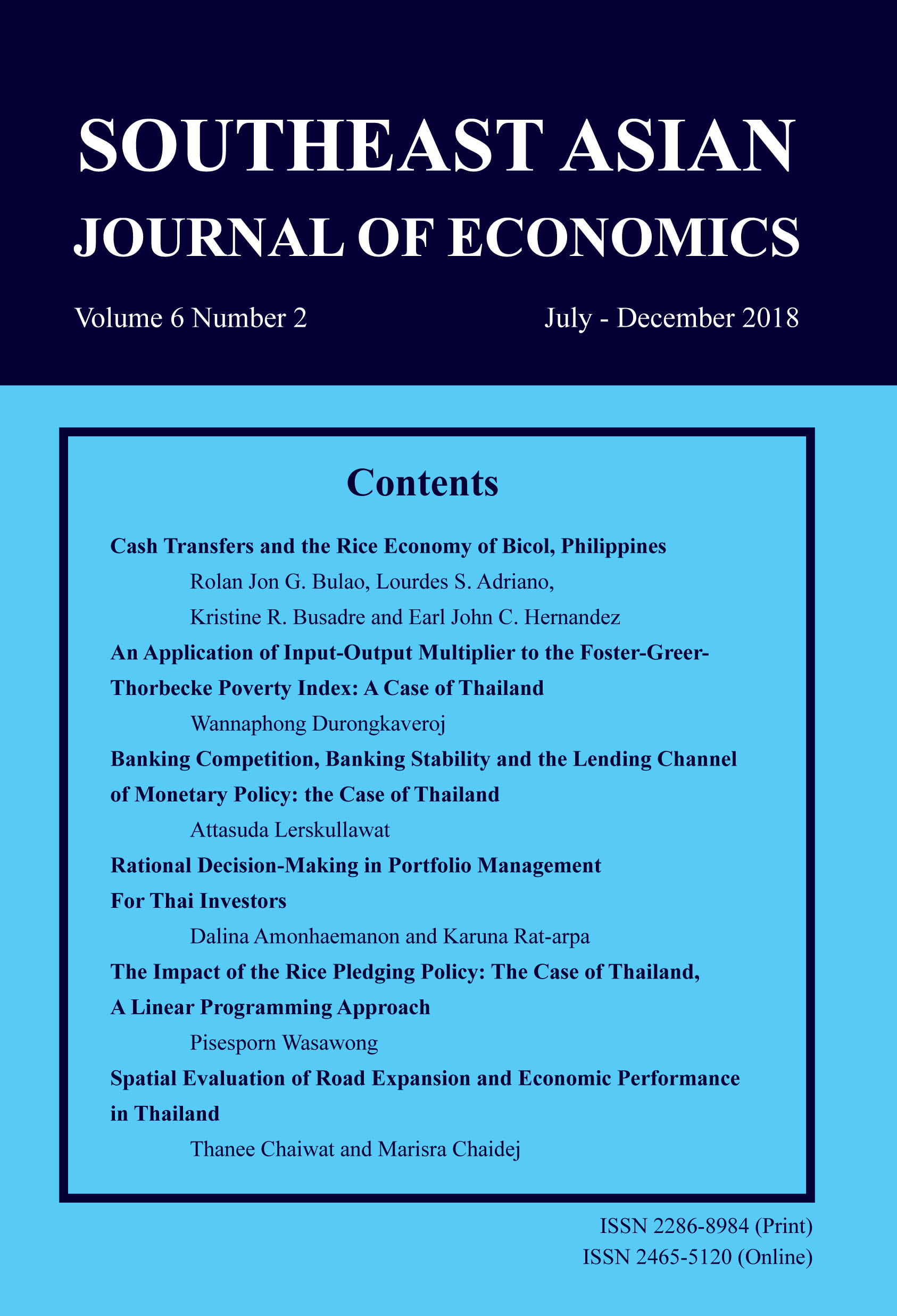Analysis of Growth, Inequality and Welfare Through the Interaction between Private Individual Labor-time and Public Spending on Education
Keywords:
Human Capital, Education, Growth, Welfare, InequalityAbstract
This paper analyzes the effects of educational investments on long-term growth, inequality and welfare in an endogenous growth model in which a CES technology is specified for human capital accumulation. The objective is to explain how the degree of substitutability/complementarity between private and public educational investments affects economic variables. We show that the effect of public educational funding on growth is greater when both types of investments are complements than when they are substitutes. Moreover, in addition to the degree of substitutability/complementarity, the impact of public policy on inequality depends on the kinds of heterogeneity we introduce in the model. Finally, we find that the welfare-maximizing amount of public investment in education is increasing with the degree of substitutability/complementarity.
Downloads
How to Cite
Issue
Section
License
The submission of a manuscript implies that the paper is an original work and has not been published elsewhere. The author(s) authorize the journal to reproduce or distribute the paper in printed or other electronic forms.







